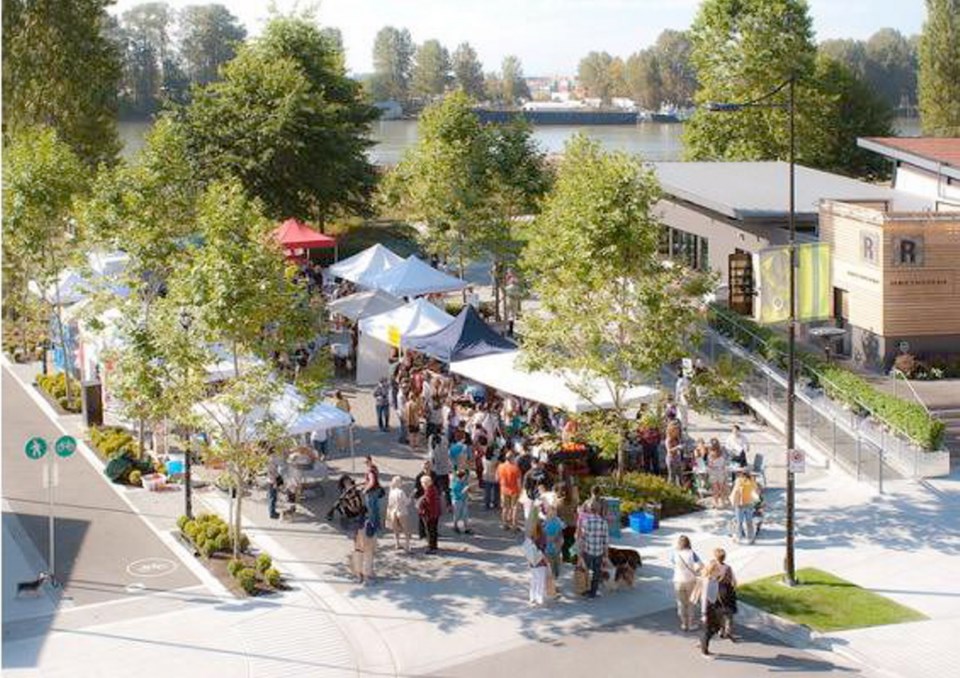VANCOUVER — Vancouver will use its own land to leverage about $300 million in development to create more than 800 units of affordable housing on seven sites, the city said Wednesday.
The plan is only the first phase of a program to build 1,350 homes over the next four years, targeting mostly low-income renters, including some living in single-room occupancy hotels.
If that plan goes well, the city will aim to build a total of 2,500 units on its properties by 2021.
The program, which will see the city keep control of its lands while working with housing providers and senior governments, is being rolled out under the new Vancouver Affordable Housing Agency.
Mukhtar Latif, the agency's chief executive office and also Vancouver’s director of housing, said the city has identified 12 city sites on which it can build the 1,350 units.
But for now, the agency is putting its efforts into seven of them, five of which are in the new and as-yet undeveloped River District in the city’s southeast corner. The other two include a vacant lot on West Hastings Street across from the Army and Navy store, and a lot in Kensington-Cedar Cottage.
Latif said the city has an option to buy some of the River District sites for $8 million. The developer, Park Lane Homes, has already agreed to provide part of the land as a contribution toward its rezoning requirements.
The city’s investment in the project is about $62 million, much of it in the form of land value from the sites, Latif said. The total cost of the project is closer to $300 million, which would come from financing partners, housing agencies or senior governments.
Although the city has the financial capacity to do its own construction financing, that would drive up costs and reduce the affordability because the debt would be held on the city’s books, he said.
In response to questions from councillors, Latif said construction could begin within a year or two, with completion in about three.
City manager Penny Ballem said the program is the city’s best effort to drive down costs that are a barrier to the construction of affordable homes.
She said the program is designed to give the federal and provincial governments every option for helping to build housing in Vancouver.
“We have a menu by which you can drive down affordability,” she said. “What we are trying to do is drive through the capacity. We’re saying to our senior levels of government: ‘Take your pick. Participate in whatever works best for you, whether it is through capital, equity, financing and a combination of those things. We’re very, very flexible.’ ”
The agency said its target is to produce a mix of housing, including 45 per cent for families with children, 40 per cent for singles, couples and seniors of low and moderate income, and 15 per cent for residents of single rooms.



